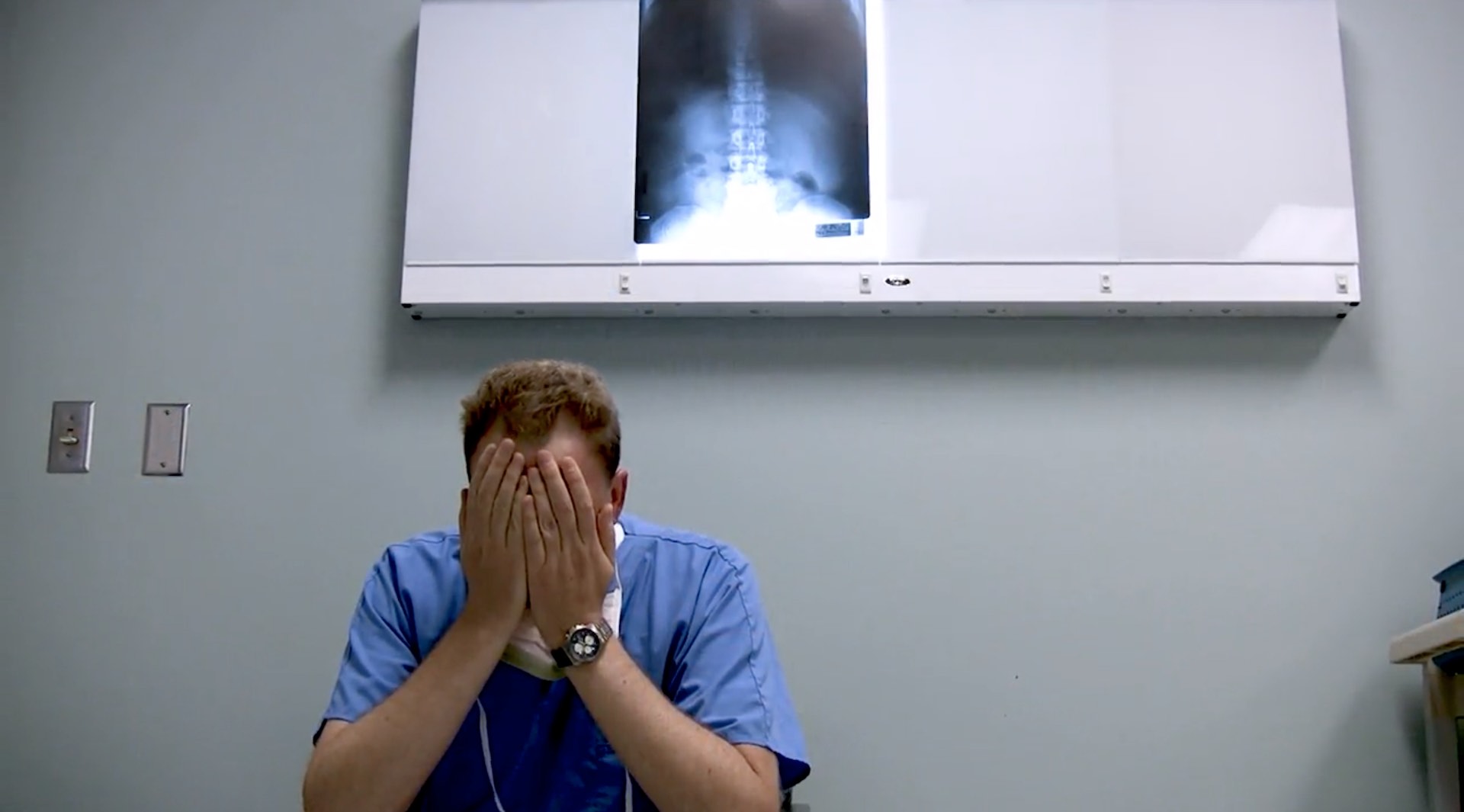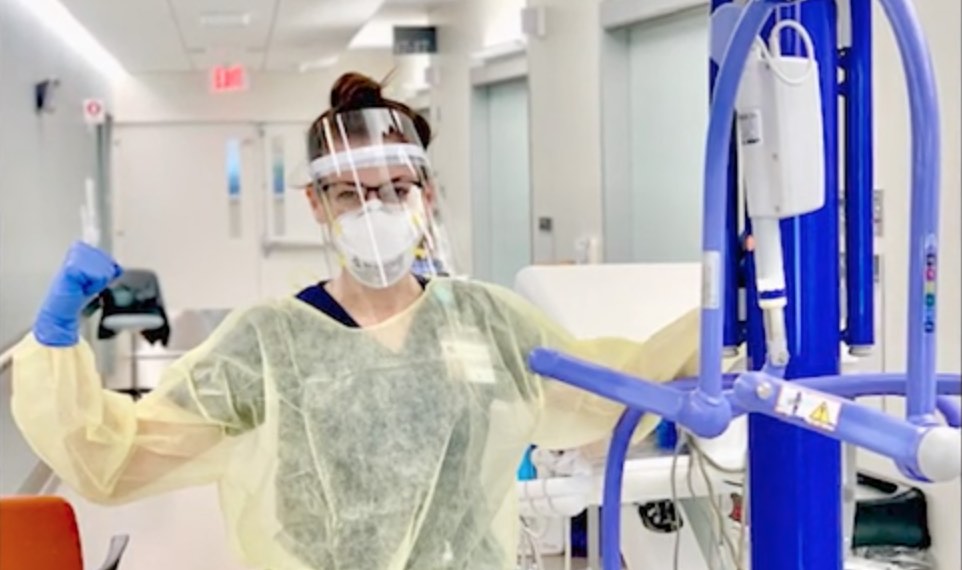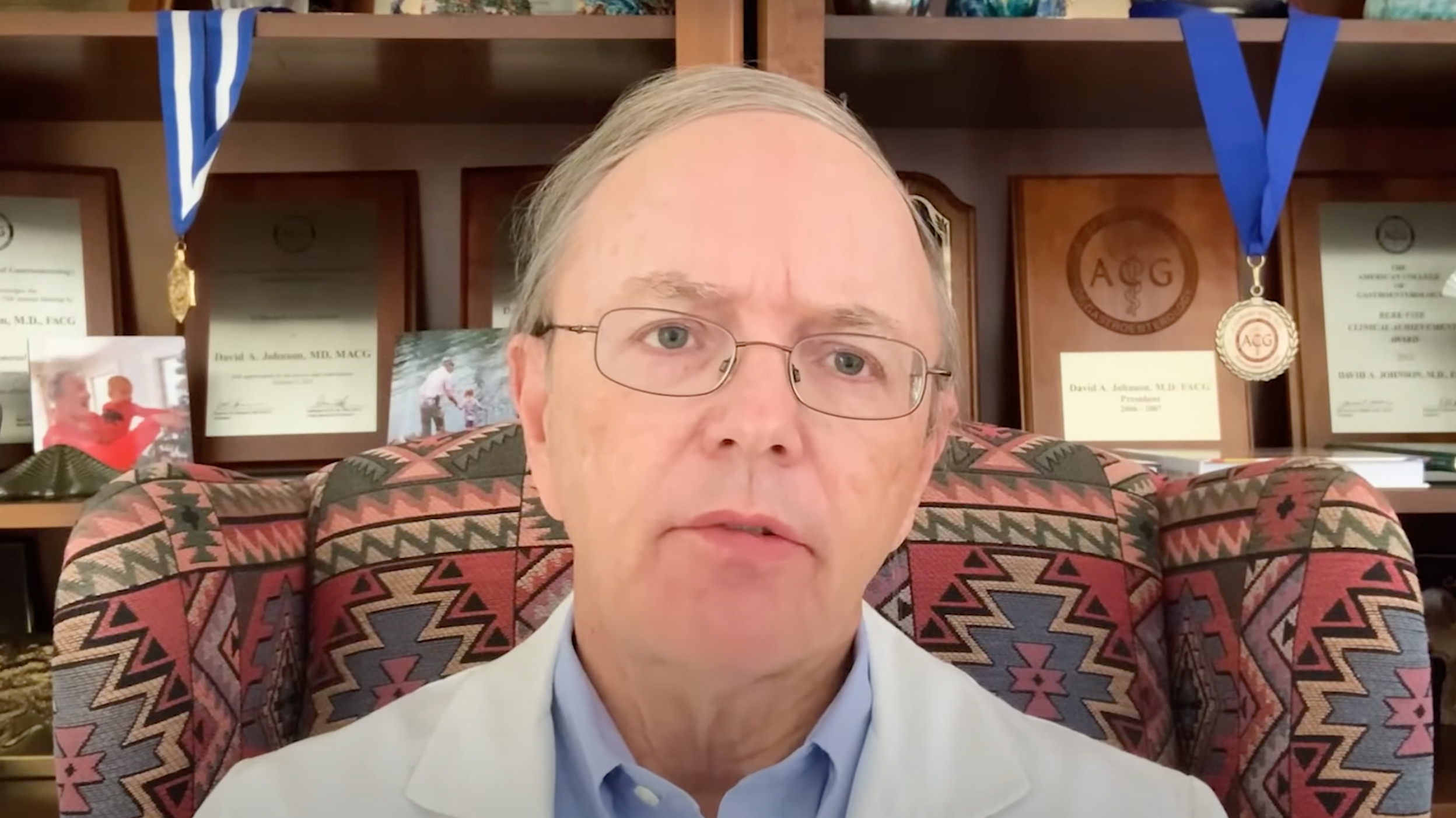NEW YORK (Reuters Health) – New research suggests that fluoroquinolones may cause diplopia in some patients.
“According to World Health Organization criteria, the relationship between fluoroquinolone therapy and diplopia is ‘possible’,” conclude co-authors Dr. Frederick W. Fraunfelder and Dr. Frederick T. Fraunfelder from the Oregon Health and Science University, Portland.
“This causality assessment,” explain the father-and-son researchers, “is based on the time relationship of drug administration and adverse drug reaction (ADR) development, the multiple positive dechallenge and rechallenge reports, and the plausible mechanism by which diplopia could occur: possible tendinitis of the extraocular muscles.”
As reported in the September issue of Ophthalmology, the authors assessed the link between fluoroquinolone use and diplopia by analyzing 171 case reports from the National Registry of Drug-Induced Ocular Side Effects, World Health Organization, and Food and Drug Administration.
The reports involved 76 male patients, 91 females, and 4 patients for whom gender was not specified. The dosages varied between the different fluoroquinolones used, but usually the median dose was within the recommended range for the specific agent.
The median time from fluoroquinolone use to diplopia was 9.6 days, with a range of 1 day to 5 months. Concomitant tendinitis was seen in 17 patients. Forty-nine patients were 60 years or older, 1 subject had renal cysts, and 4 were using systemic anti-inflammatory steroids.
According to a statement from the authors, medication was discontinued in 53 patients, and diplopia resolved in all 53.
“Clinicians are encouraged to be aware of fluoroquinolone-associated diplopia and should consider stopping therapy after consultation with the prescribing physician if diplopia occurs,” the authors conclude.
Also, they advise, fluoroquinolone-associated ocular effects should be reported to the National Registry of Drug-Induced Ocular Side Effects (www.eyedrugregistry.com).
Reference:
Ophthalmology 2009.









